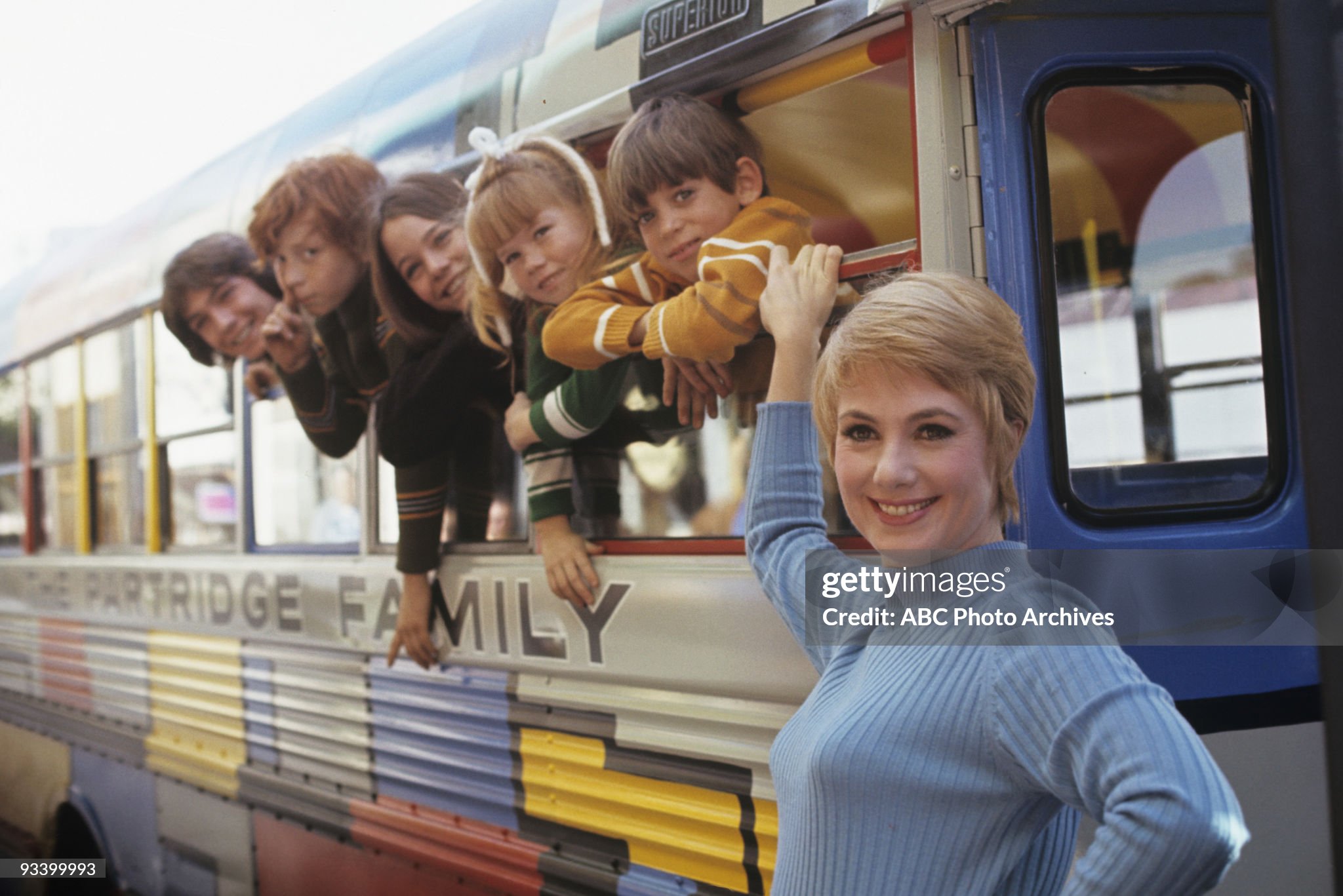
A warm hand on the shoulder—a small, steady vow that love would’ve been love anyway, sung in the soft light where TV living rooms met the needle and groove.
Essentials up front. Song: “I Would Have Loved You Anyway.” Artist: The Partridge Family (lead vocal David Cassidy). Album: Sound Magazine (Bell), released August 1971. Writer: Tony Romeo. Producer: Wes Farrell. Recorded: May 4, 1971 at United Western (Hollywood). Placement/length: Side Two, Track 2; 2:37. Single status: album cut (the LP’s lone hit single was “I Woke Up in Love This Morning,” August 1971).
If you were there when Friday-night TV rolled into the weekend, “I Would Have Loved You Anyway” feels like opening a long-closed scrapbook and finding the smile still fresh. The song is tucked halfway through Sound Magazine, their third and perhaps most perfectly balanced album—an LP that peaked at No. 9 on the Billboard 200, went RIAA Gold, and even cracked the UK Top 20—but this track was never pushed to radio. It didn’t need to be. It was made for rooms, not charts.
The craft is brimful and unshowy. Producer Wes Farrell sits Cassidy right at the center—no bombast, just a conversational lead surrounded by the familiar Los Angeles A-team: Hal Blaine’s unflappable pocket, Max Bennett’s bass, pianos from Larry Knechtel or Mike Melvoin, guitars from that Wrecking Crew circle, and the silken blend of the Ron Hicklin Singers in support. Strings and horns are slotted with Mike Melvoin’s arranger’s good manners, never stealing a scene. The whole thing was cut in a single day’s session that also yielded several LP staples—busy hands, tidy hearts.
As for the song, it carries Tony Romeo’s signature plain-spoken romanticism—the writer who gave the family its calling card (“I Think I Love You”) returning with a quieter promise: even if it ended badly, even if it never quite began the way we dreamed, I would have loved you anyway. That line lands differently with age. When we were young, it sounded like a pledge. Now it sounds like wisdom: love measured not by outcome but by choosing to show up.
On television, the tune lived twice—and that’s where many of us first heard it. Season 2’s “Promise Her Anything, But Give Her a Punch” (aired February 18, 1972) sets the song into a gentle tangle of school-dance nerves; Cassidy’s Keith sings with that easy, slightly rueful brightness that told every living room in America: you’re among friends. It’s one of several Sound Magazine cuts that threaded Season 2 like a narrative chorus, proof of how the records and the show shared a single heartbeat.
Listen to the arrangement’s manners. The rhythm section steps lightly; acoustic strums and clean electrics trade small phrases; harmony voices rise like a smile rather than a swell. The recording is close and dry, the way those United Western rooms rewarded clarity. Cassidy sings a breath behind the beat, not selling the line so much as hosting it. Nothing hurries. Nothing begs. That restraint is part of why the cut endures: it values presence over spectacle, and time is kind to songs that know that trick.
In the LP’s sequence, positioning it after Romeo’s sun-kissed “Summer Days” and before the punch of “Twenty-Four Hours a Day” lets this track serve as the album’s confidant—the moment when the smiles pause and someone admits what love has already decided. You can hear why so many fans still call Sound Magazine the Partridges’ consummate pop statement: a radio-ready surface with a thoughtful center, built by writers who respected small feelings and players who could make them glow.
For older ears, the meaning ripens. The chorus isn’t a teenager’s dare; it’s a grown person’s inventory. We have all known loves that didn’t last and still felt grateful they happened. This lyric names that truth without flourish, and the band—the best kind of studio pros—leaves air around it so you can add your own pages. The result is a record that doesn’t insist; it keeps you company.
Verified highlights: Song “I Would Have Loved You Anyway” (Tony Romeo); Sound Magazine (Bell, Aug 1971), Side Two/Track 2, 2:37; recorded May 4, 1971 at United Western; produced by Wes Farrell with strings/horns arranged by Mike Melvoin; album peaks US Billboard 200 No. 9, UK No. 14; featured on TV in S2E21 “Promise Her Anything, But Give Her a Punch” (Feb 18, 1972); the LP’s only single was “I Woke Up in Love This Morning.”